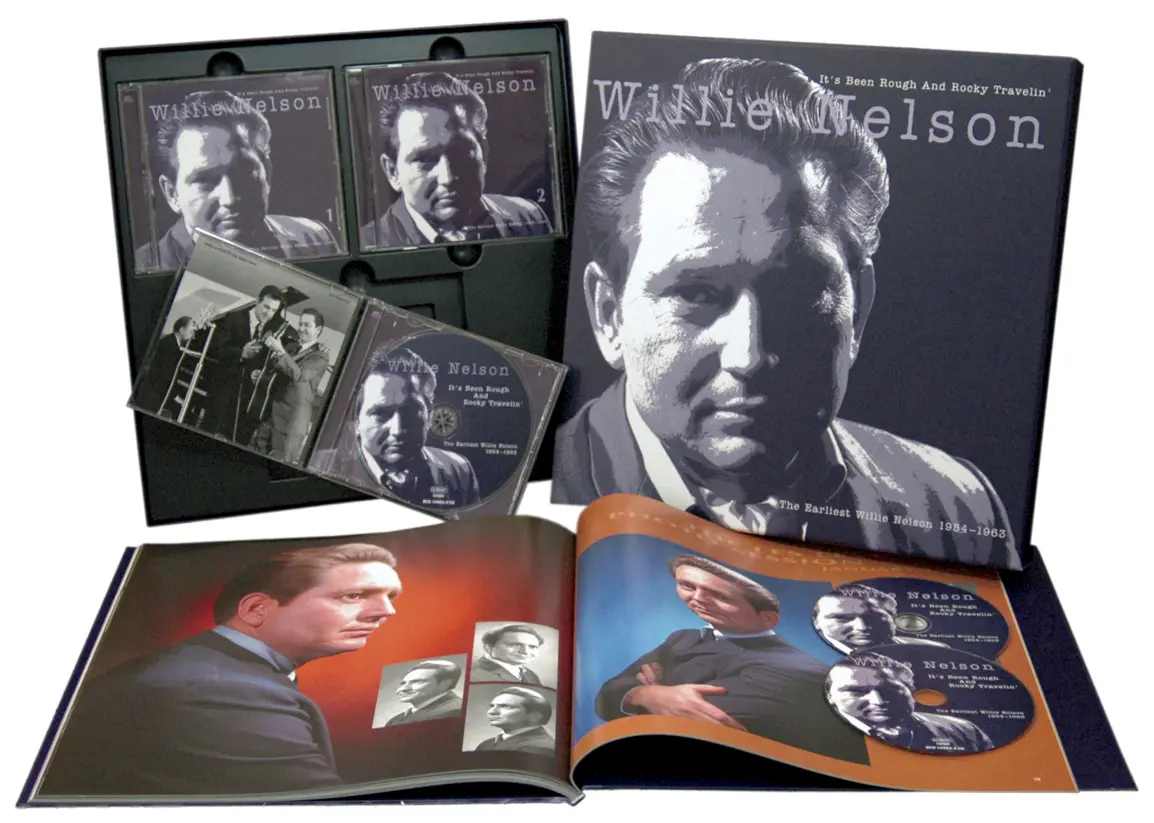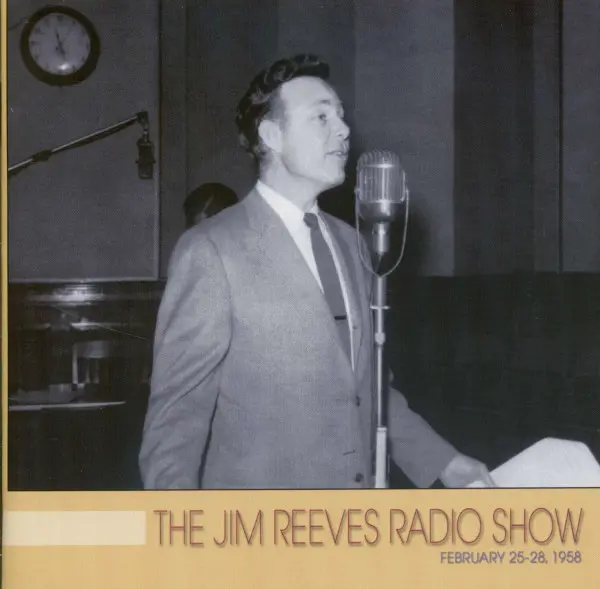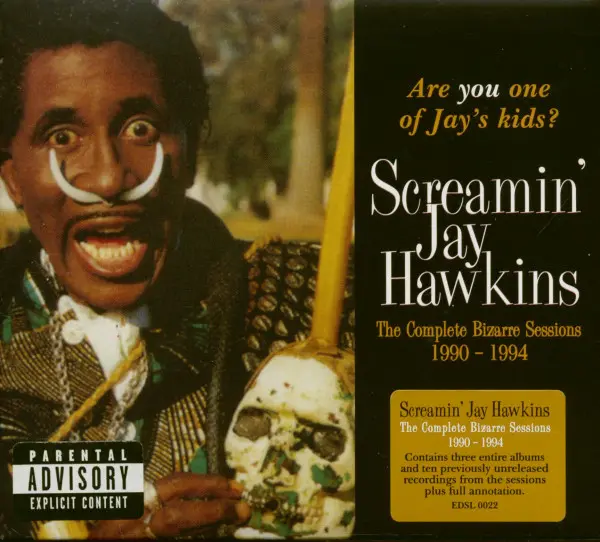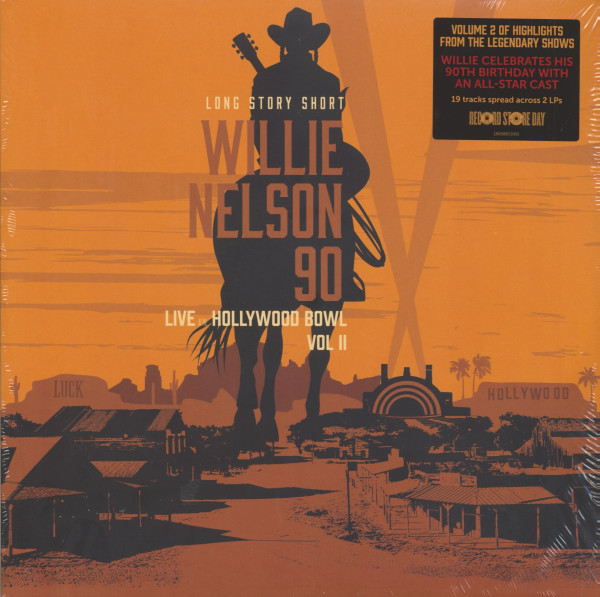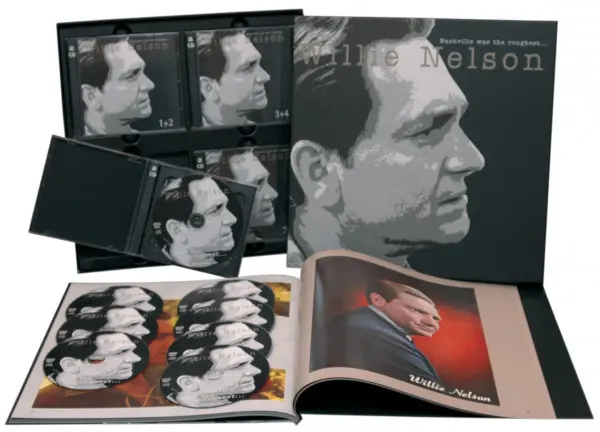Willie Nelson American Outlaw All-Star Concert (2-CD+DVD)
* incl. VAT / plus shipping costsDepending on the country of delivery, the VAT at checkout may vary.
Item is temporarily out of stock.
Approx. delivery time: up to 3 weeks. (as far as available at the supplier - can be faster, but sometimes unfortunately not)
- catalog number: CDBB020749
- weight in Kg 0.14

Item has to be restocked

only 1x still available
Ready to ship today, delivery time** appr. 1-3 workdays
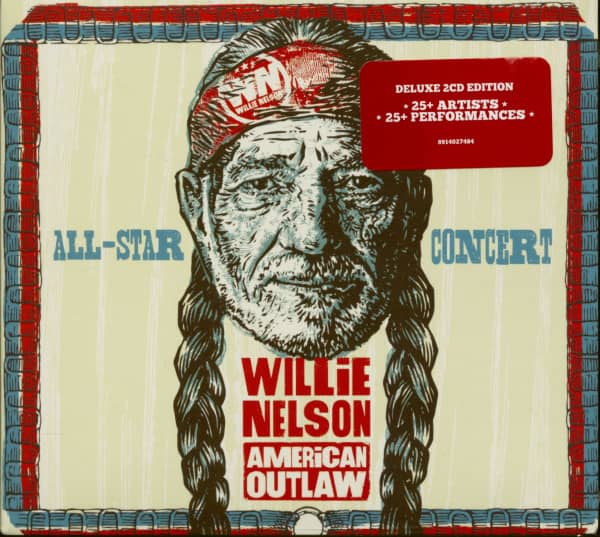
only 1x still available
Ready to ship today, delivery time** appr. 1-3 workdays

only 2x still available
Ready to ship today, delivery time** appr. 1-3 workdays

Item has to be restocked






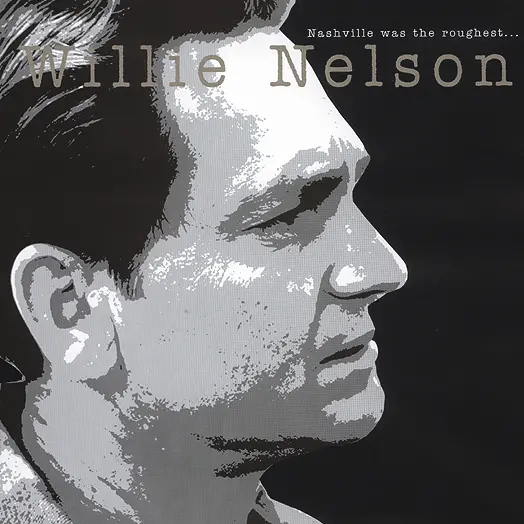 At 31, he was one of Nashville’s top writers, whose songs had been hits for many, including Patsy Cline, Billy Walker and Faron Young. Like other writers of his generation, Harlan Howard and Hank Cochran among them, his recording career had been less impressive. He’d started his singing career before Hank Williams died. His early recordings in Washington State and Houston went unnoticed. Only after moving to Nashville in 1960 and crafting such standards as Crazy, Funny How Time Slips Away and Hello Walls did he land a major label deal with Liberty. After a Top Ten duet single and a solo Top Ten hit, both in 1962, his success on records quickly faded while he continued writing brilliant songs for others.
At 31, he was one of Nashville’s top writers, whose songs had been hits for many, including Patsy Cline, Billy Walker and Faron Young. Like other writers of his generation, Harlan Howard and Hank Cochran among them, his recording career had been less impressive. He’d started his singing career before Hank Williams died. His early recordings in Washington State and Houston went unnoticed. Only after moving to Nashville in 1960 and crafting such standards as Crazy, Funny How Time Slips Away and Hello Walls did he land a major label deal with Liberty. After a Top Ten duet single and a solo Top Ten hit, both in 1962, his success on records quickly faded while he continued writing brilliant songs for others.